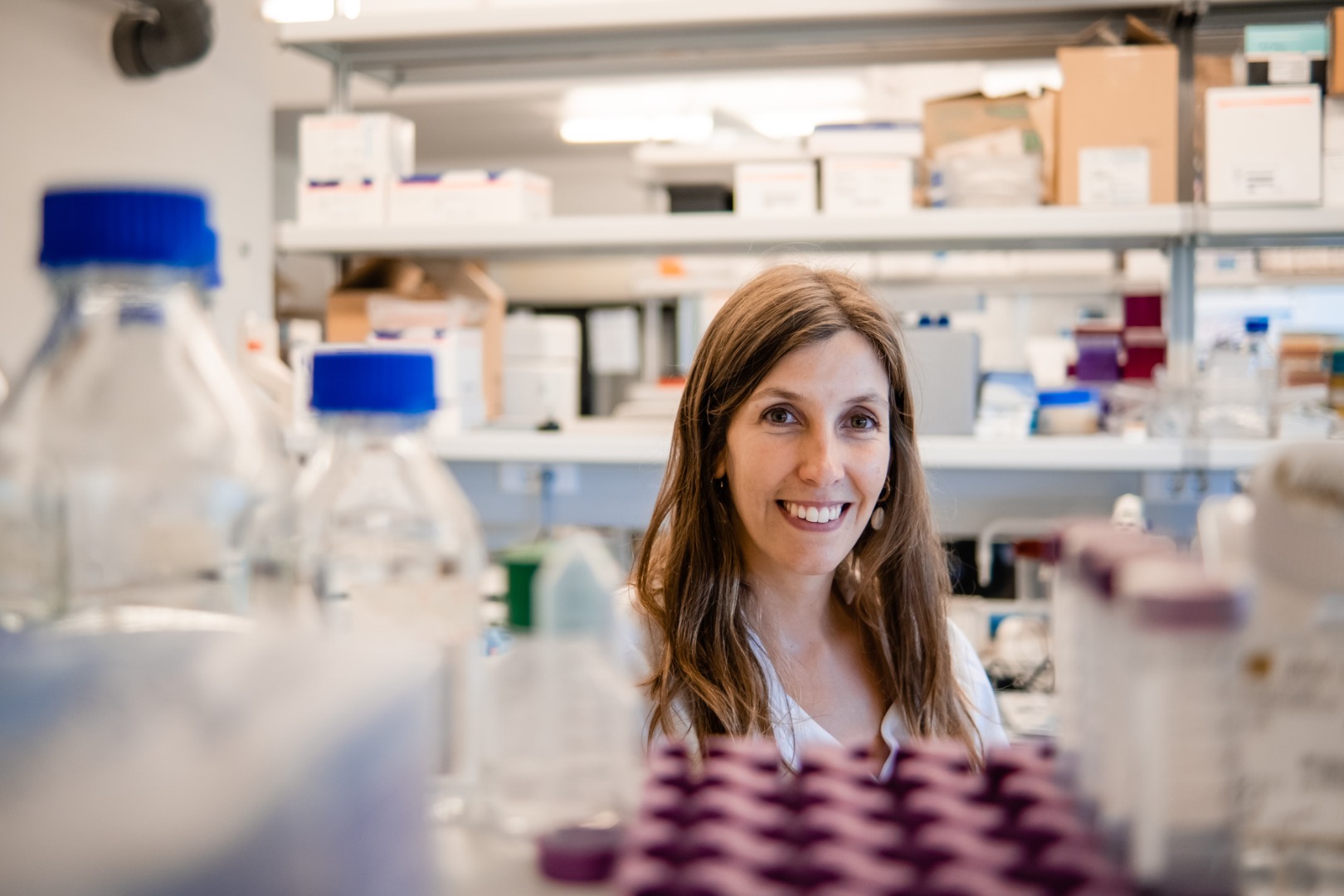A research team from the Algarve Biomedical Center (ABC) Research Institute of the University of Algarve (UAlg) has just released a scientific article demonstrating the importance of DNA methylation patterns – mechanisms that regulate gene expression – in the pathology of breast cancer .
According to the UAlg, "DNA methylation patterns are translated into chemical modifications that occur in the DNA molecules of cells and that can affect gene expression and influence cell development and differentiation."
"The analysis of DNA methylation patterns can provide important information about cell function and disease progression," he adds.
In this particular case, and focusing on breast cancer, the research team is focused on studying the methylation of a specific region of the TERT gene, which encodes the telomerase enzyme, and which is responsible for the ability of cancer cells to renew themselves indefinitely in about 95% of breast cancer cases.
This region is called the hypermethylated oncological region of TERT (THOR) and is proposed by researchers as a promising diagnostic and therapeutic target for breast cancer.
Since breast cancer is the most frequently diagnosed malignant tumor, and one of the main causes of death among women worldwide, «this study is of special importance, especially if we think that the early detection of the disease increases the chances of survival and quality of life for patients», says UAlg.

«In an area where the need for new and more effective diagnostic and therapeutic options is urgent, the discovery of this biomarker could be assumed as an additional tool for screening and early diagnosis of breast cancer», he adds.
For the research team, the results seem promising since the methylation analysis of the THOR region allowed to differentiate cancer from normal tissue right from the earliest stage of the disease, showing the potential of this biomarker for screening and early detection.
According to the researchers, represented by Joana Apolónio, first author of the scientific article, «the study of THOR hypermethylation may form the basis for the development of a non-invasive assay, and thus improve clinical practice».
Based on this research, and to assess the potential of THOR as a biomarker in breast cancer, the researchers analyzed two independent groups of patients – comprising more than 250 patients in total – with invasive breast cancer, using tissue samples from of women diagnosed at the Centro Hospitalar Universitário do Algarve.
The results obtained showed that patients who had hypermethylated THOR had higher levels of TERT gene expression, thus suggesting that THOR methylation acts as a mechanism of positive regulation of TERT activation, allowing to foresee a more serious pathology or a worse prognosis in these cases.
«The article, published in the scientific journal Clinical Epigenetics, sheds light on the important role that DNA methylation may play in the pathology of breast cancer, revealing that certain epigenetic marks may have the potential to be used as biomarkers of the disease», concludes.



















Comments